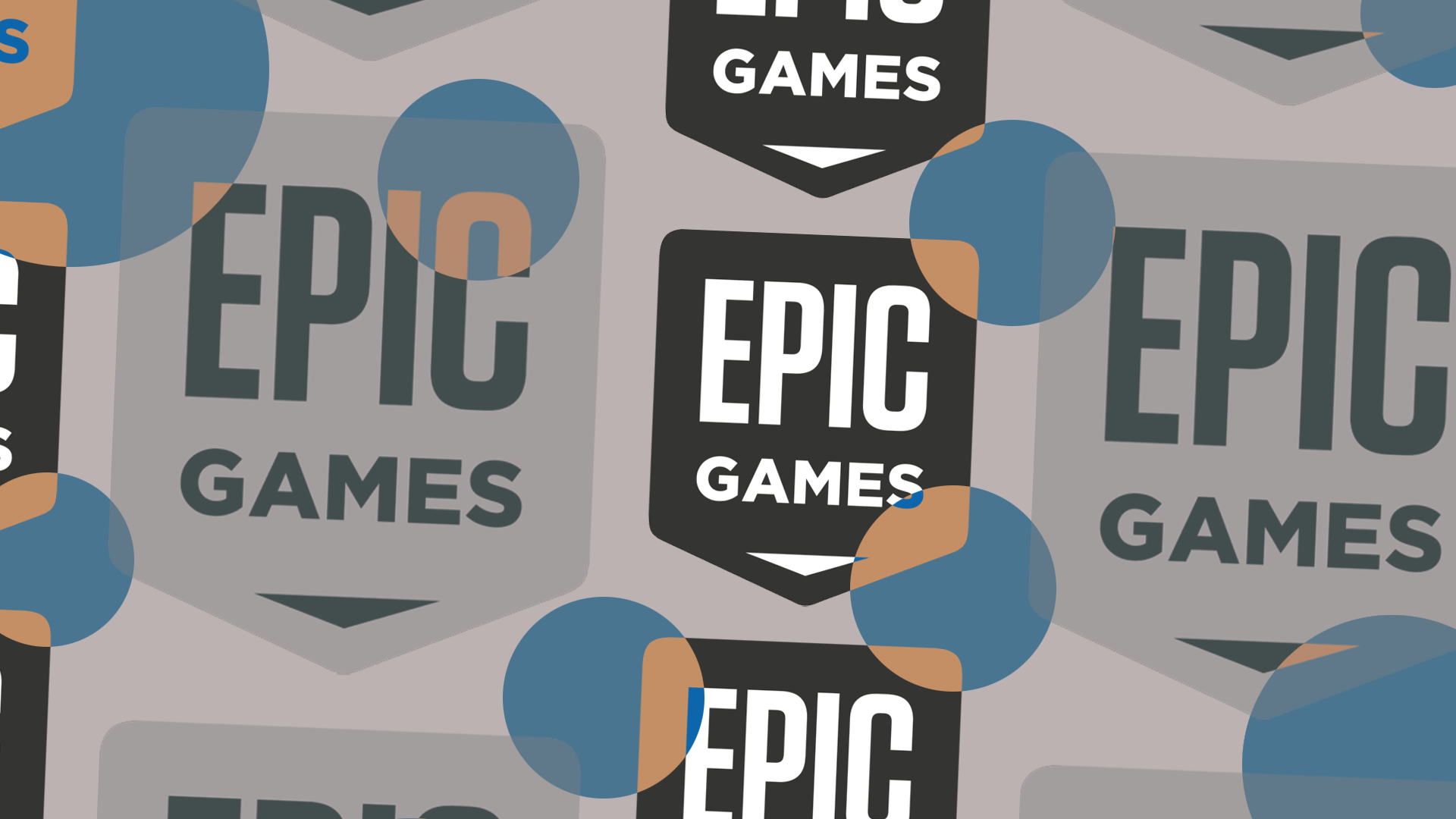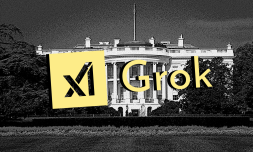The Federal Trade Commission (FTC) filed a complaint against Epic Games on Monday on grounds of illegal personal data handling. Epic Games has agreed to pay £520 million in penalties and refunds.
Epic Games, publisher of popular games like Fortnite, Rocket League, and Fall Guys, has agreed to pay over $520 million in legal fees over alleged mishandling of customer privacy.
CNN first reported that Epic Games was charged with violating the Children’s Online Privacy Protection Act, supposedly collecting private information on children without parental permission in its most popular title Fortnite.
According to the FTC, over one million parents have complained to Epic Games’ support team about unauthorised charges made to children in-game without consent. They argue that it is far too easy for younger players to make purchases unwillingly, with no reasonable verification process in place to ensure customers know what they’re doing.
Parents also said that there were too many ‘hoops’ to jump through in order to have their children’s data removed. Requests to delete information was also occasionally ignored or failed to go through, the claim states.
Epic Games’ response rejected FTC’s claims, stating that it had introduced privacy regulations and buying precautions in the five years since Fortnite was released. It will still pay the claims, however.
In fact, the publisher was keen to emphasise it’s belief that video game regulation laws are outdated, and do not represent how monetisation models within specific titles operate today.
In Epic Games’ statement, it said that ‘[legal] statutes written decades ago don’t specify how gaming ecosystems should operate’. It stated it accepted the fines in order to ‘be at the forefront of customer protection’.
These charges include $254 million USD to the FTC, which will be distributed to customers of Epic Games independently from the publisher. Another $275 million USD will also go to the FTC in order to ‘resolve concerns related to children’s privacy’ in Fortnite.




















